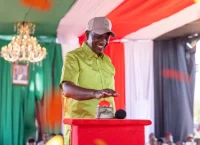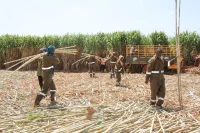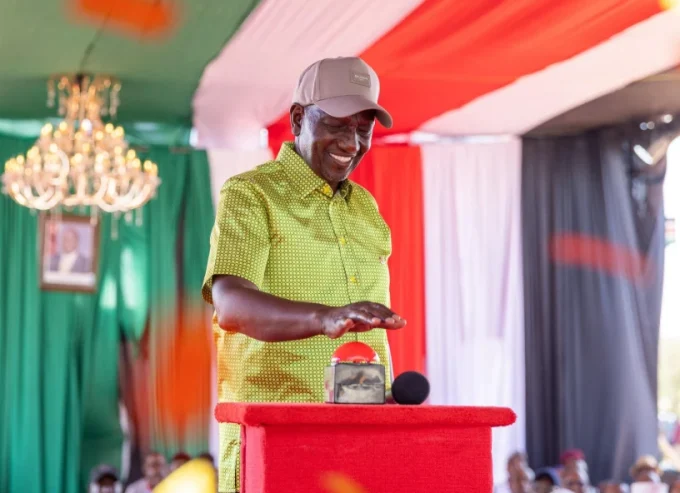KTN News is on the spotlight after failing to air an expose on how Kenya, especially local banks, are complicit in the plunder of South Sudan’s resources on Sunday even after running a teaser.
According to Africa Uncensored’s John Allan Namu, the Standard Group-owned media house wanted some portions of the expose edited unless a mentioned individual is contacted to which they declined since they had severally sought his side of the story to no avail.
“They were largely happy with the story, but wanted to remove certain parts of it as they sought comment from an adversely mentioned person. We disagreed, given that we had already sought fair comment from this person. So we differ with the decision by @KTNNews to hold the story, but we respect it. They have their platform, and we have ours. We feel that we have met the threshold for it to be seen by the public, and for the public to judge it on its own merit,” he tweeted.
The story, which claims those plundering South Sudan’s resources, among them, General Paul Malong, are being protected by Kenya’s military, has, however, gone viral on YouTube with KTN News receiving flak for abandoning the story.
“Why did KTN refuse to air this documentary as had been promised? Like if you think the Kenyan media is complicit in corruption matters and only highlight stories when it suits them. #Hypocrites!” one Lukorito Jones posed.
Had a chance to watch this great piece, #TheProfiteers by @johnallannamu? Find out why @KTNNews opted not to air it last night. Our loopholes and ‘blind eyes’ are fueling a war in South Sudan that’s not over anytime soon https://t.co/aWamcSgTPZ
— Ian Wafula (@Ian_Wafula) October 8, 2018
According to Namu, four months before Malong was sacked by President Salva Kiir for refusing access to peacekeepers to conflict zones in his country in 2016, he was hospitalised at a Nairobi hospital. Among those who visited him were President Uhuru Kenyatta and his deputy William Ruto.
He also links the killing of businesswoman Monica Kimani to huge amounts of cash she had accumulated while in South Sudan.













13 Comments